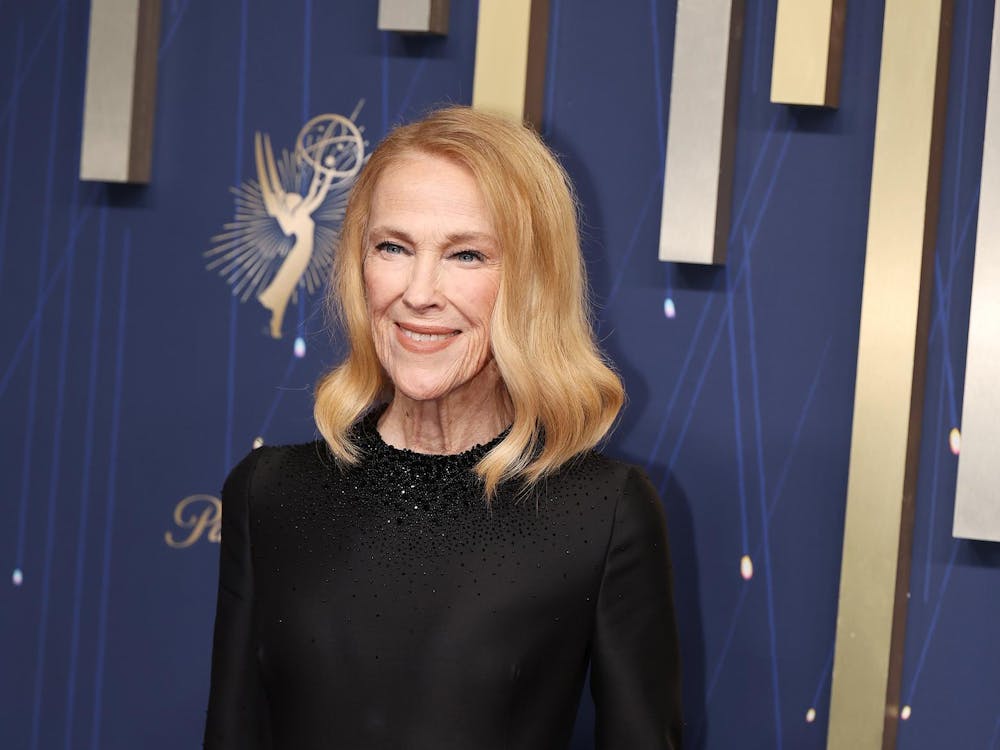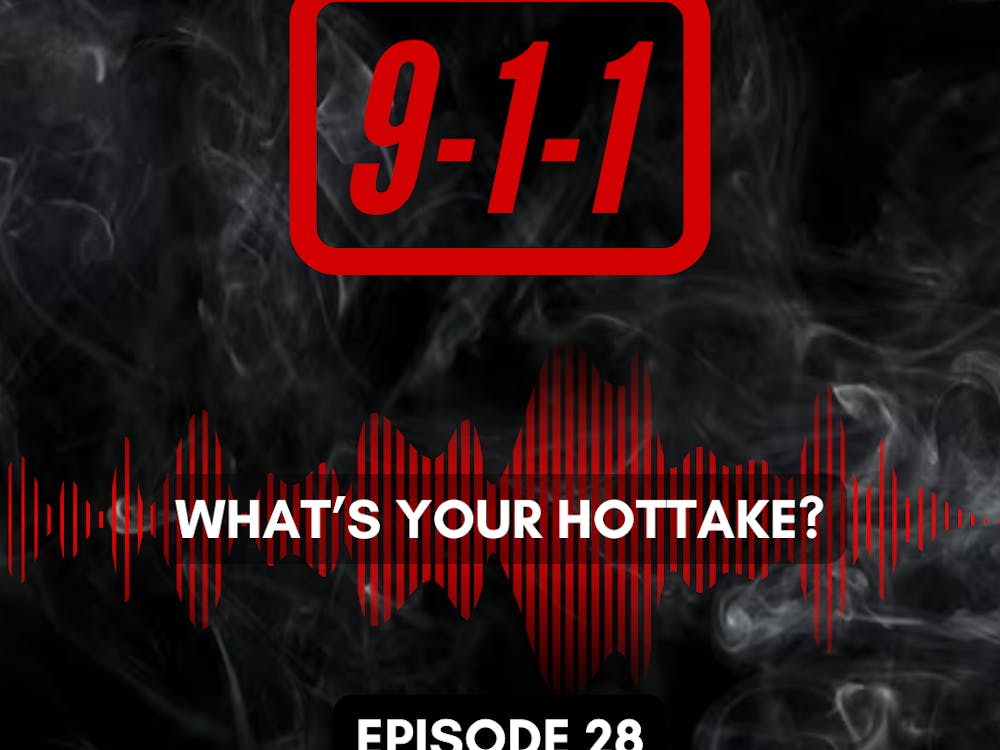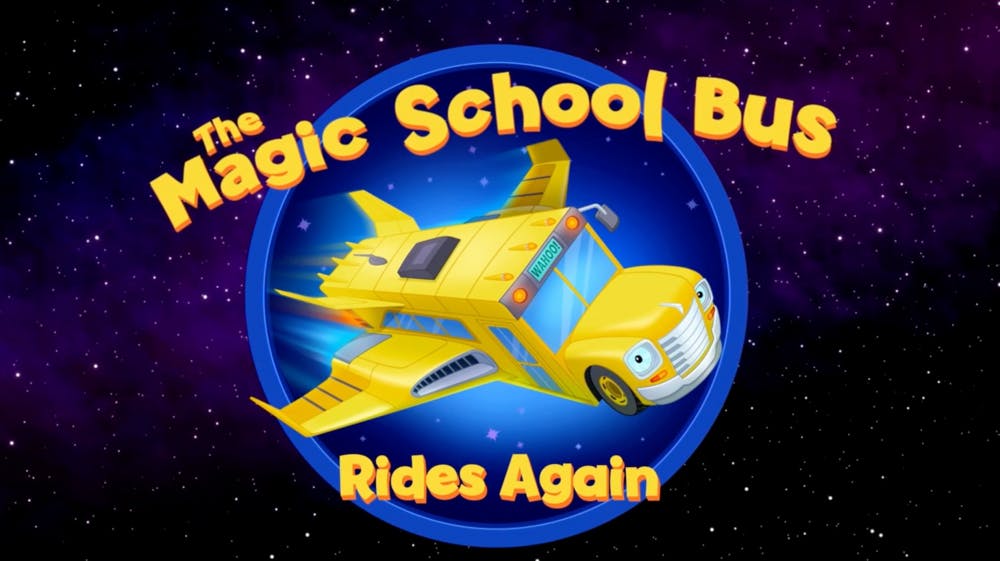by Tanner Kinney If there’s one thing millennials love, it’s remakes of things from their childhoods. From the iconic horror mini-series It to educational television like Bill Nye the Science Guy, if it came out during the 80’s or 90’s and had relative success, people want to see it again. It’s not a bad idea either; these shows or movies are often held back by the technology of the time. Using modern tech, they can be re-imagined the way they were intended. Educational shows also get the benefit of new discoveries that can be implemented into the remake. However, sometimes it can seem like there is no purpose for the remake. That’s where The Magic School Bus Rides Again falls; it’s a nice nostalgia trip but, other than that, there’s no real reason for it to exist.
Art direction that took a few wrong turns
From even the first moments, it’s obvious there’s something wrong with The Magic School Bus Rides Again. The theme song is exactly the same as the original and the scenes are almost identical to the original in structure but there’s something missing. That would be the art style. It’s hard to really describe what feels so wrong about it, but it immediately creates the feeling that this isn’t the same show. The art is uninspired and lazy. The original show was inexpensive and made for kids so there were plenty of animation mistakes but it had style and heart in it. This is possibly due to the original being hand-drawn. It’s not necessarily clean or shiny but it’s real. Just comparing the two openings, it’s clear that there was more effort put into the animation of the original. The bus moves like a character, bouncing around with weight to it. The original’s art style felt human.
Educational content that revs the show alive
It’s hard to really judge a kid’s show by the same standards as something meant to entertain an adult. Yes, The Magic School Bus Rides Again is a kid’s show even if it was marketed at millennials. That’s one thing the show does right: it maintains the educational style and value of the original. The content of the episodes (ignoring the animation) fits right along with the original series. Some episodes repeat concepts from the original, but there were things that were definitely new and wouldn’t have been considered important for kids to learn in the past. A major surprise was episode two’s focus on structural engineering, which is not something expected of a modern kid’s show. As a side note, it’s also admirable that the show completely avoids controversial or political subjects, sticking just to learning. Other reboots could learn a thing or two from this show. At the end of the day, kids would likely gain knowledge from watching this show.
Entertainment value that sputters along
When a show like The Magic School Bus Ride Again wants to be “edutainment” , the overall enjoyment of the show is very important. This is the hardest part to really rate. The show is probably entertaining for children. Its writing is almost identical to the original, with some additions like selfies being added to keep up with the times. Fortunately, the kids aren’t saying things like “it’s lit” or “turn up” or whatever the youths these days say. It’s all very normal kid stuff with dialogue that’s written to create kids who are incredibly smart and dull. There are puns, jokes and visual gags that would probably make a kid laugh out loud. The original was also very plain like this with similar writing that was enjoyable for children.

















